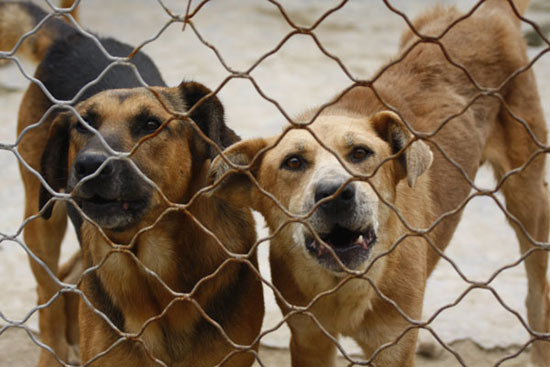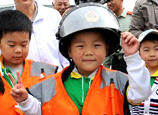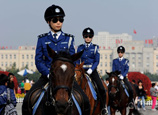
 |
| Dogs rescued in file photo. [Photo provided to China Daily] |
However, the bills from the event remained a headache.
Though the association paid the hospitals 4,695 yuan and Tencent paid 500,000 yuan for treatment fees in 2011, they still failed to cover all the costs.
Ten hospitals later sued the association and Tencent, requesting they pay another 500,000 yuan.
Who should take responsibility for the voluntary behavior fueled heated discussion at court.
The plaintiffs claimed that the behavior of the association in accepting the animals constituted a declaration of ownership.
However, the association argued that they did this out of kindness, not ownership.
Another key issue is whether the promise made by the social network has legal effect.
"Philanthropic promises are irrevocable and should be carried out," said Zhu Shuilin, attorney for the association.
However, the attorney for Tencent said that there is no legal basis to ask the company to pay the bill.
"Though the vice-president made a statement online, my party did not reach an agreement with the plaintiffs. Directly asking for payment based on such a statement has no legal basis," said Chen Guangyu, the attorney for Tencent.
However, Liu Sishan, a spokeswoman for Tencent, said that the company would keep its promise, but needed a more detailed and trustworthy bill provided by the plaintiffs, as some of the invoices or receipts are not valid.
"This is not a case about ownership or a legal promise, but about how philanthropy can be carried out in a more organized and rational way," she said. "We wish society cared more about those who need help, but we also urge a more transparent and regulated environment for charity."
A judgment has not yet been reached in court, but both plaintiffs and defendants agreed on mediation by the court.

















 White angels in Chongqing South West Hospital
White angels in Chongqing South West Hospital


![]()
